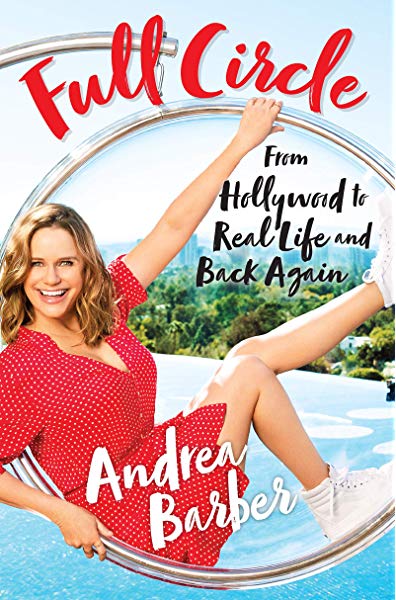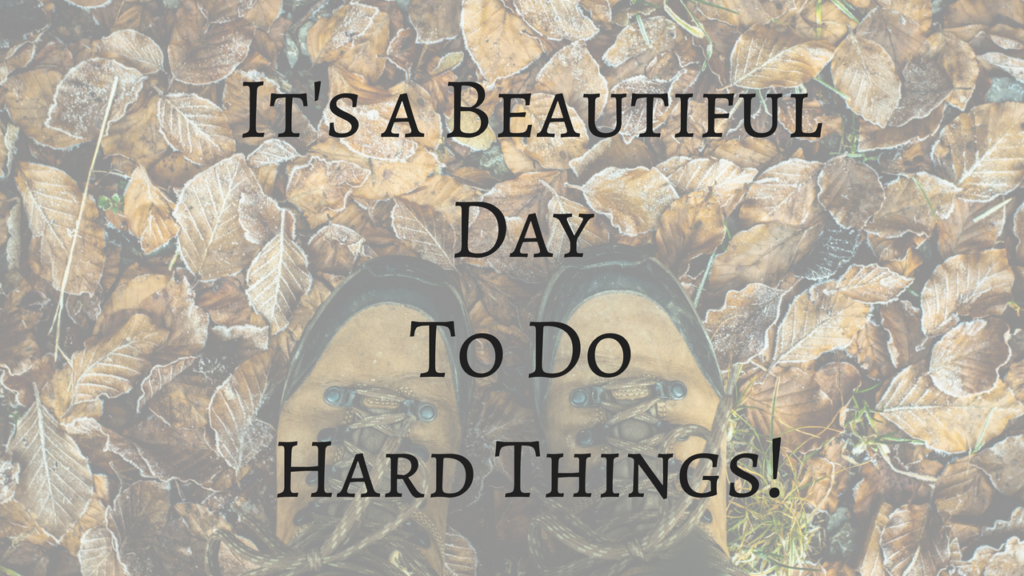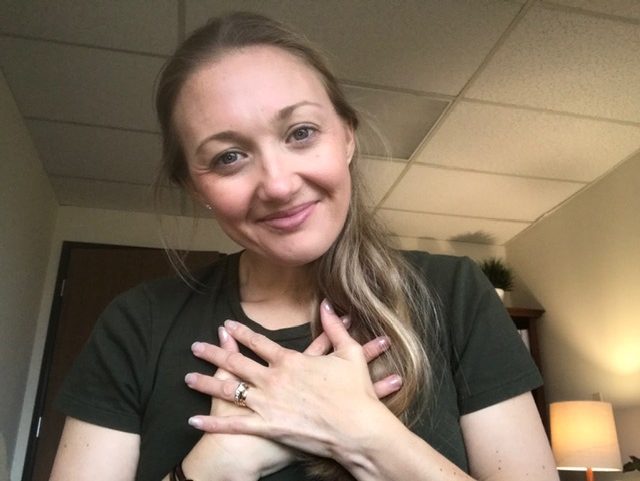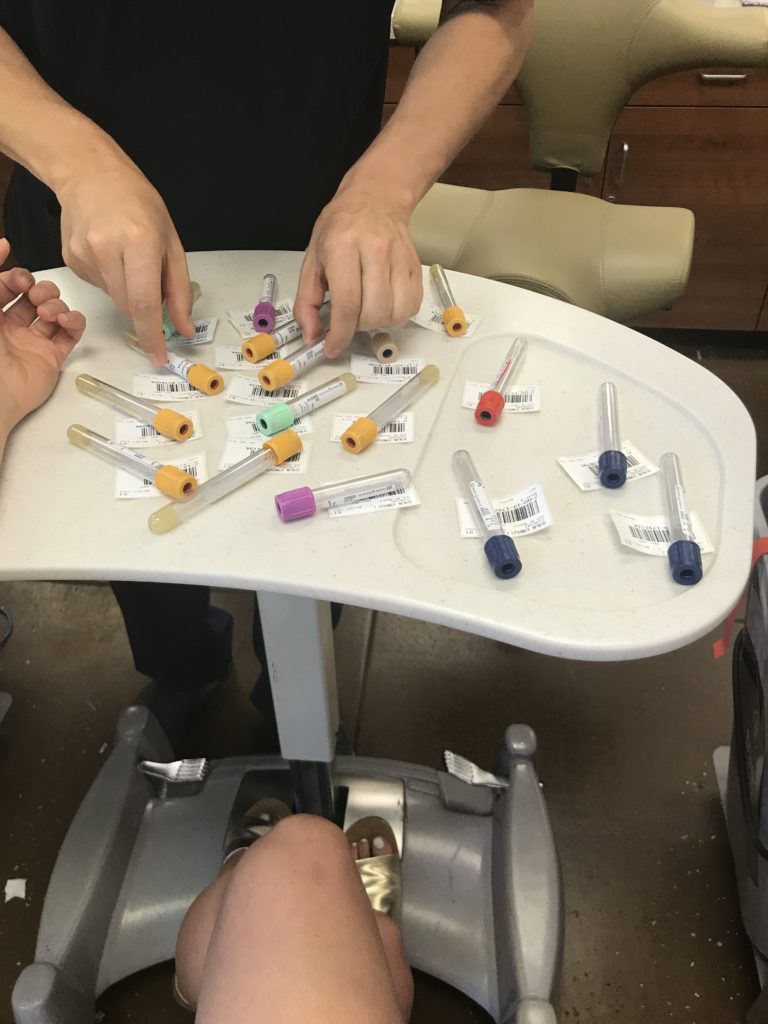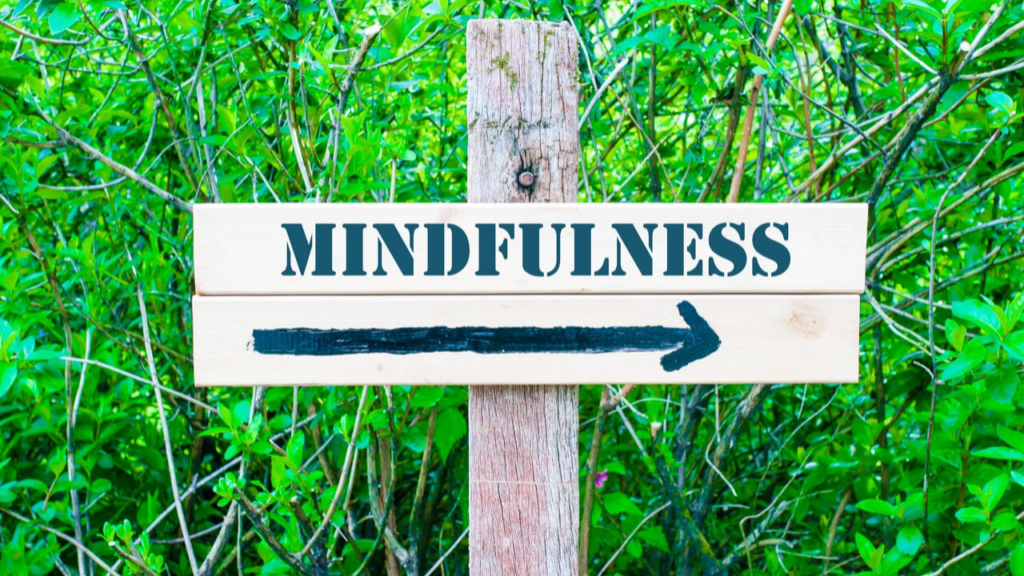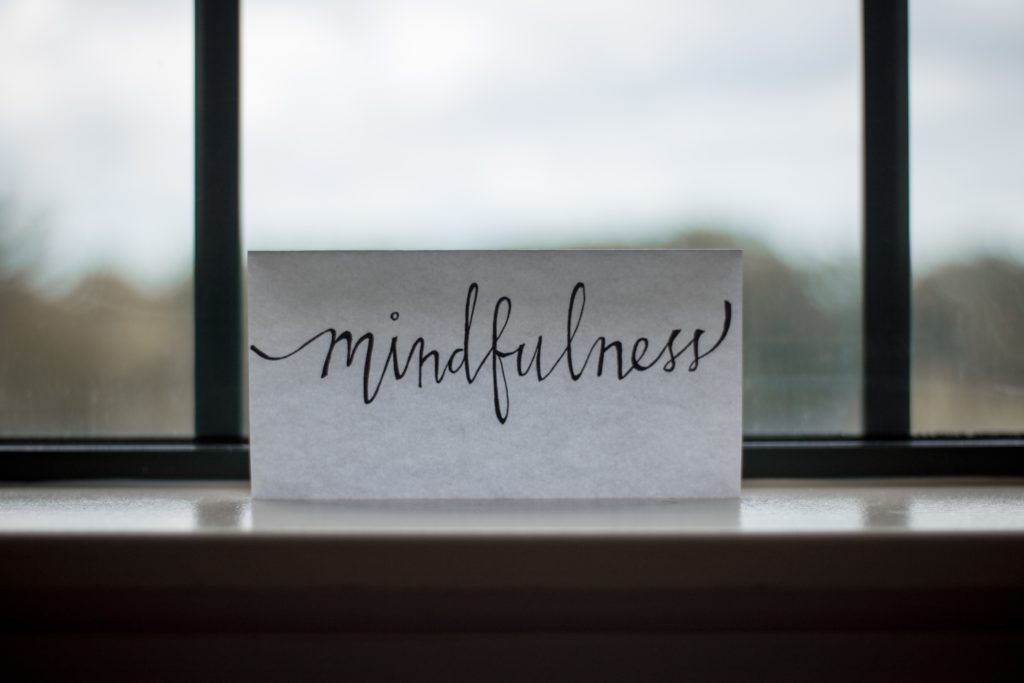Ep. 134: Giving and Receiving Meditation

Welcome back to another episode of Your Anxiety Toolkit. This week’s episode was exactly what I needed and I wondered if it was what you needed too. In today’s episode, I am going to share with you my favorite self-compassion tool, giving and receiving.
This is a meditation that I learned from Christopher Germer himself. Christopher Germer is the co-founder of the Center for Mindful Self-Compassion and the genius behind many of my favorite self-compassion exercises.
In today’s episode, we are going to learn the art of giving and receiving. No, not gifts. We are going to learn the art of giving and receiving self-compassion. I often use this meditation after a long day in the office or after a hard day, so I hope it helps you too.
This is the 3rd core meditation of the MSC course. Giving and Receiving Compassion builds on the previous two core meditations: Affectionate Breathing which focuses on the breath and Loving-Kindness for Ourselves which focuses on the layering of compassionate words or images onto the breath. The new element of breathing in for oneself and out for others helps the practitioner to practice compassion through connection by loving others without losing oneself. Students tend to find this meditation both easy and enjoyable. Thank you, Christopher Germer, for this wonderful meditation.
Instructions for Giving and Receiving Meditation:
Please sit comfortably, closing your eyes, and if you like, putting a hand over your heart or another soothing place as a reminder to bring not just awareness, but loving awareness, to your experience and to yourself.
Taking a few deep, relaxing breaths, notice how your breath nourishes your body as you inhale and soothes your body as you exhale.
Now, letting your breathing find its own natural rhythm, continue feeling the sensation of breathing in and breathing out. If you like, allow yourself to be gently rocked and caressed by the rhythm of your breathing.
Now, focusing your attention on your in-breath, let yourself savor the sensation of breathing in, noticing how your in-breath nourishes your body, breath after breath….and then releasing your breath.
As you breathe, breathing in something good for yourself…whatever you need. Perhaps a quality of warmth, kindness, compassion, or love? Just feel it, or you can use a word or image if you like.
Now, shifting your focus to your out-breath, feeling your body breathe out, feeling the ease of exhalation.
Please call to mind someone whom you love or someone who is struggling and needs compassion. Visualize that person clearly in your mind. Begin directing your out-breath to this person, offering the ease of breathing out. If you wish, intentionally send warmth and kindness – something good -to this person with each out-breath.
Now letting go of what you or the other person may need, and just focusing on the sensation of breathing compassion in and out and sending something good. “In for me and out for you.” “One for me and one for you.”
If you wish, you can focus a little more on yourself, or the other person, or just let it be an equal flow—whatever feels right in the moment. Or you can send something good to more than one person.
Allowing your breath to flow in and out, like the gentle movement of the sea – a limitless, boundless flow – flowing in and flowing out. Letting yourself be a part of this limitless, boundless flow. An ocean of compassion. Gently opening your eyes.
OCD Gamechangers – Annual Conference
https://www.eventbrite.com/e/3rd-annual-ocd-gamechangers-tickets-82657196901
https://ocdgamechangers.com/events/
March 7 @ 10:00 am – 6:00 pm MST
Denver Turnverein, 1570 N Clarkson St
Denver, CO 80218 United States
I strongly encourage you all to read Shala Nicely’s amazing blog post about the misuse of the term, “I am so OCD.”
https://www.shalanicely.com/aha-moments/ocd-is-not-what-you-think/

